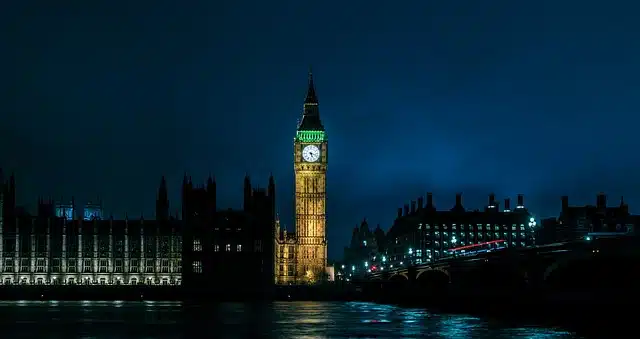
A kingdom is a State that is governed by a monarchy.
From the Latin regnum , kingdom is that territory whose inhabitants are subject to a king . It is a State governed by a monarchy , the form of government in which the supreme office is a single person, for life and, generally, hereditary.
Some examples where the term appears are the following: "His Majesty has defended the kingdom with vigor and heroism" , "Our kingdom extends from the southern seas to the Mountains of Peace" , "In the Middle Ages, the monarch ordered build more than twenty fortresses to defend the kingdom from barbarian attacks .
Characteristics of a kingdom
In a kingdom, the power of the monarch can be absolute (the king must not be accountable to anyone for his decisions nor has any type of limit when it comes to ruling) or limited (the king's function is regulated by the Constitution ).
Today, most kingdoms are ruled by constitutional monarchies . The king, in these cases, fulfills a protocol function, acting as a symbol of national unity. Sometimes, the king can even serve as an arbitrator against the various political parties.

In biology, the kingdom is a subdivision that makes it possible to classify living beings according to common characteristics.
Its historical importance
The monarchies with their respective kingdoms were crucial in the constitution of history as we know it today; If they had not existed, neither would the countries that appear on the map today. However, today many of them only generate significant expenses for citizens without fulfilling a vital political function.
Due to this, in countries like Spain there is a great citizen struggle to break with this tradition and convert this sovereign country into a Republic; making the image of the monarch disappear forever.
Dynastic union: expansion of kingdoms
The link established between two States, kingdoms or sovereign titles is known under the concept of dynastic union . When this occurs, it does not mean that the power is merged, but rather that the same person begins to have each of these titles independently. In turn, each of these titles continue to be regulated by the laws and institutions they previously had.
These types of unions have a personal, family or patrimonial character , but not political . The house that exercises control over the kingdom continues to be the true monarchy, only it shares assets with the family and kingdom with which it is united.
In any case, saying that it is not a political union is in some ways a fallacy , considering that marital relations were usually carried out in order to establish peace between two territories that could otherwise be potential enemies. A clear historical example is the marriage policy carried out by the Catholic Monarchs in Spain, who managed to marry their children to important kings of the time in order to avoid war conflicts that could harm their kingdom.
The term in colloquial language
The concept of kingdom is also used in colloquial language to name the scope of an activity .
It is understood that a person's kingdom is the field where they can exercise a certain dominance: "There is no other like Messi in the kingdom of football," "Biochemistry is my kingdom: I feel comfortable there."
Kingdom in biology
For biology , a kingdom is one of the large subdivisions that allows natural beings to be classified according to their common characteristics. In this way we can speak of the animal kingdom , the plant kingdom and the mineral kingdom .
In each of them there are a series of natural laws that guide the behavior of their individuals; which have similarities between themselves although they can present many differences that, in many cases, make their classification within one kingdom or another difficult.
